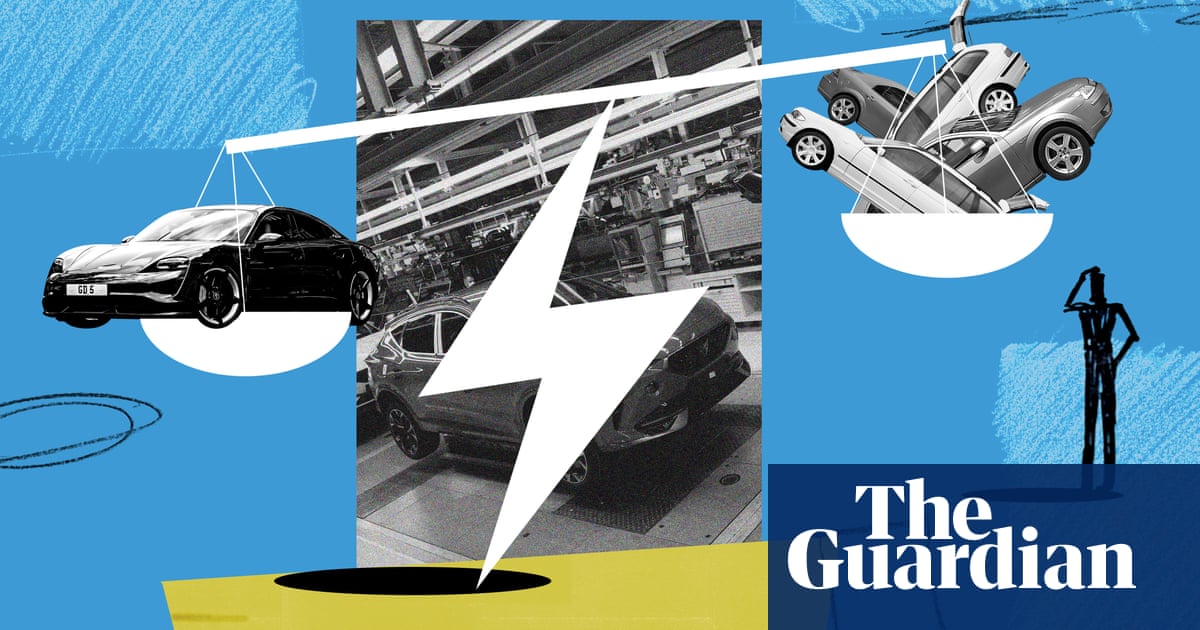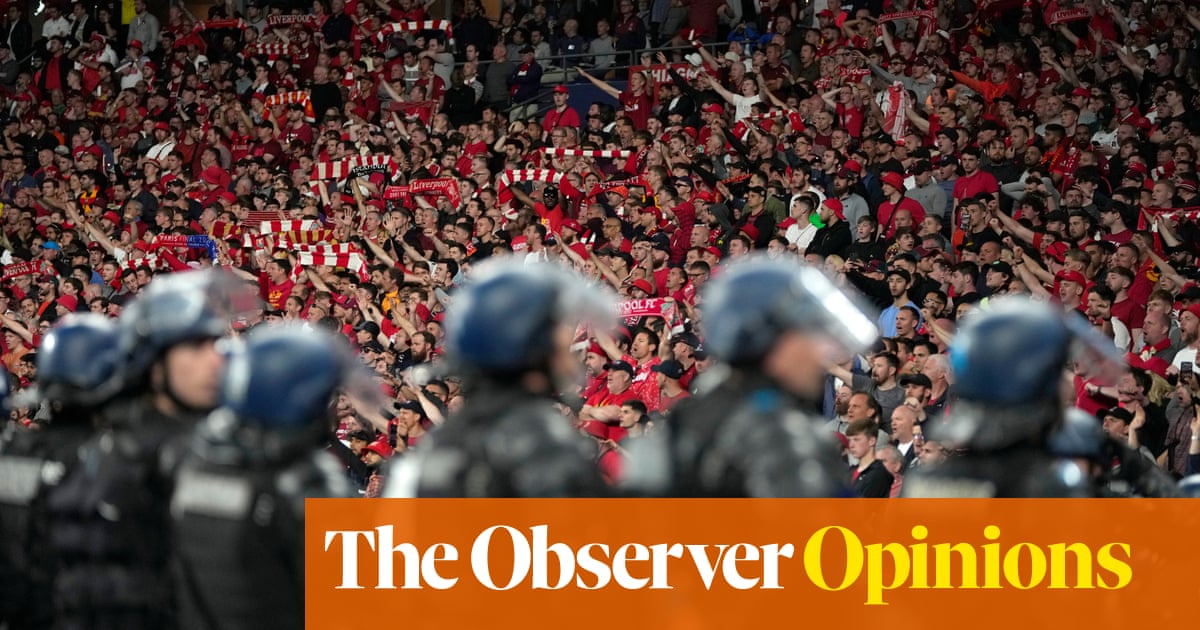
It’s October 2019, and bestselling authors Douglas Murray and Lionel Shriver take to the stage for an event at Central Hall Westminster. Part of the way through their talk, Murray begins to rail against the 2016 British Black Lives Matter protests and what he sees as “the globalisation of a specific American racial issue”.
“It was surreal to see Black Lives Matter marching down Oxford Street … with their hands in the air, doing the Black Lives Matter thing of ‘hands up, don’t shoot’, all escorted by unarmed British police officers,” Murray exclaims. The audience erupts with laughter at the punchline, satiated by the clear ridiculousness of Britons marching for a problem that doesn’t concern them.
British solidarity with American victims of racial violence didn’t seem so funny when thousands of protesters recently gathered in Hyde Park in support of the Black Lives Matter movement. Despite the ongoing coronavirus pandemic, the crowd was much larger than expected – and much, much larger than in 2016. The visceral horror of George Floyd’s slow public execution under the knee of a Minneapolis police officer has cut through the global consciousness in a way not seen since the police attack on Rodney King in 1991. BLM demonstrations have taken place in public squares from Paris to Amsterdam to Auckland.
Yet in Britain, protesters still face criticism for supporting an issue that has supposedly nothing to do with this country. The idea that the issues BLM are protesting about are specific only to the US is farcical, as though race or policing are not global phenomena by their very nature; as though we don’t see similar dynamics in Brazil, or Australia, or even Britain.
Of course, there are certain force multipliers in the US that increase the scale of its problems; we do not have prisons the size of small towns or police officers walking around with AR-15s in Britain. But George Floyd showed that police do not need guns to take life. Floyd’s chilling final cries of “I can’t breathe” are not only the same words uttered by Eric Garner as he was being chocked by police officers in New York in 2014, but also by Jimmy Mubenga who in 2010 died on a plane on a Heathrow runway while being restrained by three immigration officers (an inquest into his death found he had been unlawfully killed, but the immigration officers were later acquitted of manslaughter). In 2017, 20-year-old Rashan Charles also lost his life, this time in Hackney, east London, after being restrained by a police officer and choking on a package of caffeine and paracetamol in his mouth. That same year, another young black man, 25-year-old father Edson Da Costa, died in very similar circumstances to Charles, just down the road in Newham. The inquests held into both Charles’ and Da Costa’s deaths ultimately cleared the arresting officers of responsibility. We could also discuss Sarah Reed, or Sheku Bayoh – the names go on and on.
The last time a police officer was successfully prosecuted in the UK concerning the death of somebody in custody was in 1969, when the Beatles were not only all alive, but still together. That year, two Leeds city police officers were involved in the death of David Oluwale, a homeless British-Nigerian man who they had repeatedly targeted in an attempt to drive him out of the city. The officers had taken to abusing Oluwale whenever he was spotted, and famously wrote “Wog” by his nationality on his arrest sheet. When Oluwale died after being in their custody, they faced charges of manslaughter. During the trial these charges were dropped to assault. The police officers were convicted and sentenced to just three years in prison. Half a century later, there has not been a single successful prosecution for anyone who died in police custody since.
Though the numbers of deaths following police contact are thankfully not as bad in the UK as in the US, we should be anything but complacent when it comes to our own structural problems with racism or policing. Institutional racism exists at every level of our criminal justice system, from who gets stopped and searched, to who gets arrested, to who gets charged, to who gets convicted.
In 2017, the Lammy Review showed that while black people comprise 3% of the overall population in England and Wales, they currently make up 12% of its prison population. The percentage of black people in Britain who are in prison is higher than the corresponding figure in the US. We’re locking more of our black people away than the big, bad USA. The numbers only get worse when you consider younger inmates specifically: 48% of under-18s in custody are from black or other ethnic minority backgrounds.
These stories are already known to the new generation driving forward this latest wave of Black Lives Matter protests in the UK. Rather than dismiss them as cheap American imitators, we should listen to them and use this moment not only to empathise with African-Americans but look at our own systems of policing, imprisonment and immigration detention in Britain.
• Dr Kojo Koram teaches at the School of Law at Birkbeck College, University of London
• On Tuesday 9 June at 7pm BST (2pm EDT) the Guardian is holding a live-streamed event about the meaning of George Floyd’s killing, featuring Guardian journalists including US southern bureau chief Oliver Laughland, reporter Kenya Evelyn, writer Chris McGreal and columnist Malaika Jabali. Book tickets here












